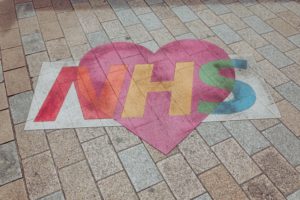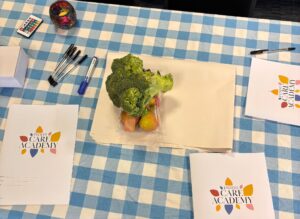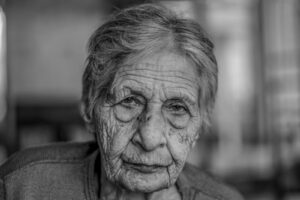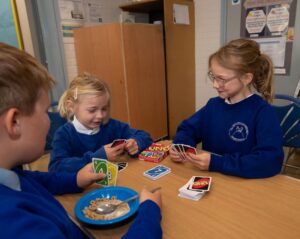Young people urged to become NHS Cadets
England’s chief nurse has today called on young people to become NHS Cadets and gain valuable experience of volunteering in health and care.
The programme, launched last year, helps teenagers to develop the skills needed for an NHS career by volunteering in vaccine centres, supporting elderly people in the community and undertaking first aid training.
Speaking at the graduation ceremony for the first group of teenagers to complete the programme, the country’s top nurse Ruth May said they would be ‘welcomed with open arms’ if they decide to pursue a career in healthcare.
The chief nursing officer for England also urged all those receiving A-level results next week to consider a career in the NHS.
Ruth May said: ‘Despite the challenges of the pandemic and the impact of lockdown on their learning, the young people graduating today have embraced the NHS Cadet programme with the kind of enthusiasm and commitment that is crucial for a career in the NHS.
‘I hope all of the cadets have been inspired by their experiences and if they decide to continue their path in healthcare – whether as a doctor, nurse or midwife, or in one of the many other roles available – they will be welcomed with open arms.
‘As we come into the summer holidays, there has never been a better time to join up and there are thousands of places up for grabs – find out more by emailing NHSCadets@sja.org.uk.
‘And with A-level results landing next week I would urge young people thinking about their future to consider a career in the NHS – there are more than 350 to choose from.
‘It is not always easy but it is always rewarding and becoming a nurses is one of the greatest decisions I ever made.’
Those considering the NHS for their future career are asked to search ‘NHS Careers’ to find out more.
From September this year there will be more than 55 NHS Cadet programmes running across 30 sites, accepting more than 1,000 cadets on the foundation pathway for 14 to 16-year-olds, and around 500 on the new advanced pathway for 16 to18-year-olds.
Run in partnership by NHS England and St John Ambulance, the programme is seeking young people from underrepresented groups including those who are not in education, employment or training, have mental health conditions, come from low income families or are from ethnic minority backgrounds.

Young people also have the option of joining the St John Ambulance Cadets which also offers an exciting blend of training and practical experience to equip young people for a future in healthcare or other sectors.
From physiotherapists to dieticians, radiographers and psychotherapists, to chefs, IT technicians, research scientists and communications officers, there are more than 350 career options within the health service, all of which make a crucial difference to people’s lives.
Martin Houghton-Brown, chief executive of St John Ambulance, said: ‘Huge congratulations to this pioneer cohort of NHS Cadets, young people who have demonstrated that they are the future of healthcare in our country.
‘St John has partnered with the NHS on this groundbreaking programme because we know that access to a career in health represents a brilliant future, especially for young people who have faced challenges in earlier life.
‘The unique blend of learning with St John and patient care with the NHS really does set these young adults up for a future as our nations doctors, nurses and paramedics.’
In addition to Saturday’s (August 7) virtual ceremony, the graduates were presented with certificates listing the skills they have achieved which they can use for future education or job applications.
One of the cadets graduating from the programme is 17-year-old Faleeha Arobi from Bradford, who volunteered as a steward within a Covid-19 vaccination site.
Faleeha said: ‘Some of the transferable skills that we’ve learned include leadership, empathy and communication and we’ve been developing them all throughout the programme.
‘Roleplay has been a key part in our learning, and we’ve been pretending to take 999 calls and practising how we would treat a patient, as well as reaching out to older people in care homes.
‘I’m in the middle of writing my personal statement for university, so this experience has all been especially useful.’
Photo Credit – Nicolas J Leclercq















